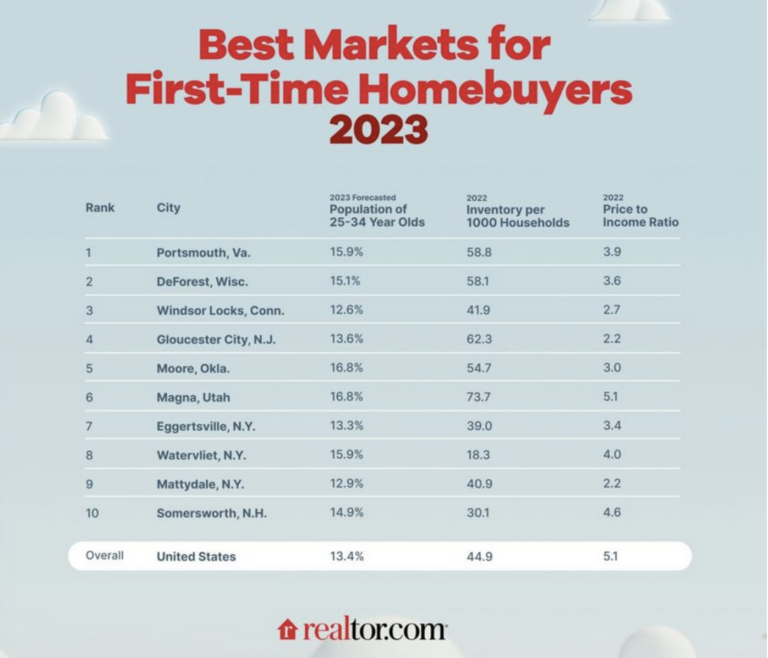Understanding Real Estate Prices: What Buyers, Sellers, and Investors Need to Know
Real estate prices shape every decision in the property market, whether you’re buying your first home, selling an inherited property, or scouting for your next investment. These prices are driven by complex factors including location, demand, interest rates, and broader economic conditions. Staying informed on how real estate values shift over time can help you make smarter, more confident decisions. This article is for homebuyers looking for the best time to buy, sellers wanting to price competitively, and investors tracking potential growth markets. Dive in and discover how real estate prices work, what trends matter, and how you can stay ahead.
Why Do Real Estate Prices Keep Changing So Rapidly?
Real estate prices are influenced by supply and demand, economic policies, and local market dynamics. In areas where job opportunities, schools, and amenities are abundant, demand rises, pushing prices higher. On the flip side, oversupply or reduced buyer interest can cause a drop. National interest rates also affect affordability. When borrowing is cheap, more buyers enter the market, intensifying competition and inflating prices. Understanding this ebb and flow is crucial for anyone timing a transaction or investment.
How Location Continues to Dictate Value Above All
The timeless phrase “location, location, location” still holds true when it comes to real estate pricing. Properties in desirable neighborhoods, urban centers, or regions near beaches, mountains, or schools typically command higher prices. Even within the same city, real estate values can vary drastically from one block to the next. Commuting ease, crime rates, public transport, and future development plans all contribute to perceived value. If you’re evaluating property costs, understanding how location weighs on pricing will guide you toward better choices.
The Impact of Economic Conditions on Property Prices
Broader economic indicators have a significant impact on real estate pricing. During economic booms, rising incomes and increased consumer confidence often lead to more property purchases, which pushes prices upward. In contrast, economic uncertainty, rising inflation, or job market instability can cool the housing market. Investors and homebuyers should always consider economic cycles and fiscal policies such as interest rate changes, taxation rules, and stimulus programs, all of which influence affordability and price trends.
Are Real Estate Prices Still on the Rise in 2025?
In many markets, real estate prices have continued climbing through 2025, although at a slower pace than during previous years of explosive growth. Certain cities and suburbs remain hot due to population growth and remote work flexibility, while others have stabilized or cooled off. Price trends now vary more by region than ever before. Tech-driven cities, areas with low housing inventory, and regions with strong infrastructure investment are still seeing value increases. For potential buyers, this means being selective and data-driven is more important than ever.
Tools and Strategies for Tracking Real Estate Prices Effectively
To make informed decisions, you need access to accurate, up-to-date real estate data. Online platforms like Zillow, Redfin, and Realtor.com offer market heat maps, historical pricing charts, and neighborhood comparables. Mortgage lenders and real estate agents also provide insights into current property values. For a deeper dive, many investors use AI-driven analytics tools that forecast pricing trends based on past performance and predictive modeling. Being proactive and informed gives you the advantage in any market cycle.
FAQs About Real Estate Prices
What affects real estate prices the most?
Supply and demand, interest rates, location desirability, and broader economic conditions are the biggest factors.
Are real estate prices going to drop in 2025?
In most areas, prices are stabilizing rather than dropping, though regional differences vary widely.
How can I check the real estate prices in my area?
Use platforms like Zillow, Redfin, or consult local real estate agents for updated price insights and comps.
Is now a good time to buy real estate?
If you’re financially prepared and have a long-term outlook, current stabilization could be a strong entry point.
Do property taxes increase with real estate prices?
Typically yes, especially if your local jurisdiction reassesses property value regularly.



